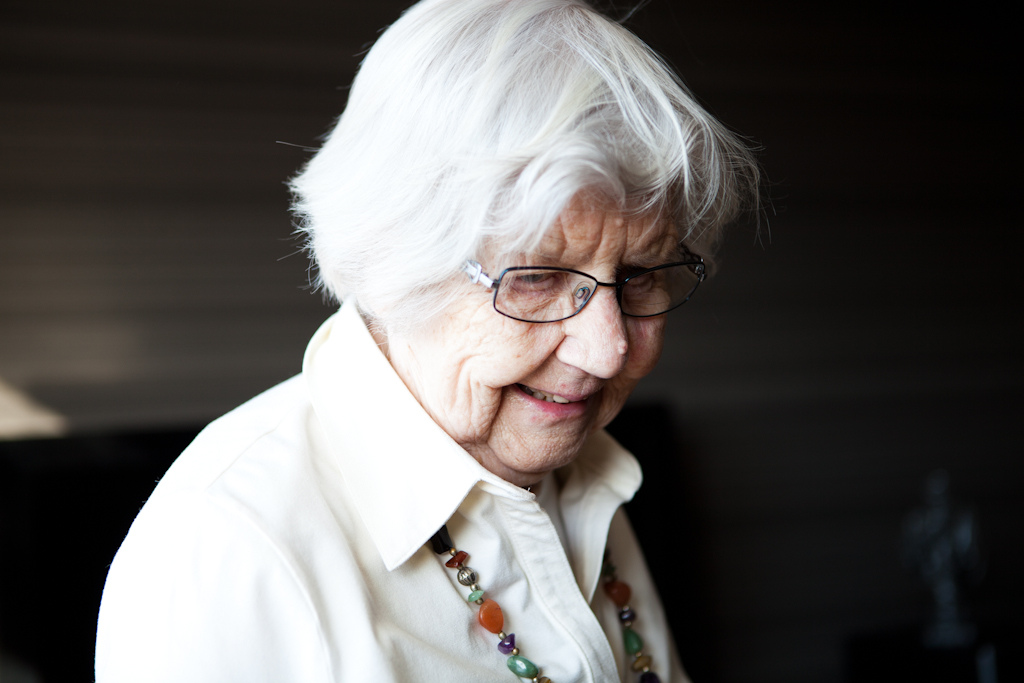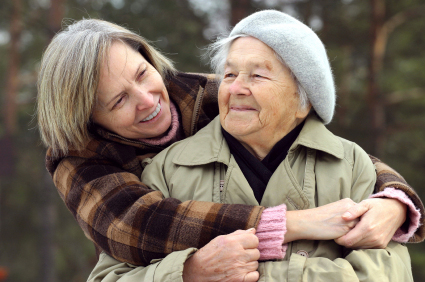Falling… a concern as you age

Fall Facts
Have you or your aging loved one recently taken a tumble? If so, you are not alone, and if not, be aware – your chances of falling increase as you age. According to a recent study by the Public Health Agency of Canada, roughly 25% of seniors (aged 65 or older) experience a fall each year, and falling is the leading cause of injury-related hospitalizations among older Canadian. While these numbers might be sobering, they are likely not surprising to seniors who know the perils of falling and live in fear that they could be next.
Causes and Risk Factors
The reasons seniors are at risk of falling are as vast and varied as the individuals themselves, so needless to say there is no simple solution that can guarantee safe mobility. Below is just a sampling of the possible causes of falls listed in various studies:
- Poor balance and/or coordination
- Diminished muscle strength
- Compromised vision
- Dizziness or pain
- Cluttered environment or poor footwear
- Medication side-effects
- Poor diet
Prevention
While causes of falling may vary, there are plenty of logical and helpful suggestions that are worth reviewing and implementing, especially as you age. The main suggestion is regular exercise. At any age, daily activity such as walking, swimming, yoga or Tai Chi can help keep your body strong and can increase coordination, mobility, balance and even bone density. Other suggestions to prevent falling include:
- Annual eye check-ups – Ensure you are wearing the right glasses for your sight issues and if possible, try not to wear your bifocals when you walk or on stairs.
- A review of medications – Have a discussion with your doctor and if possible, try to avoid taking medications that can cause dizziness or day-time drowsiness.
- Home safety – Make your living space safer by removing mats, reducing clutter near the floor, adding extra light to dim areas, and installing handrails in bathrooms, stairs and hallways.
- Walking aids – They may not be attractive, but canes, walkers and extra grips for the bottoms of your shoes are all useful aids that prevent falls every day.
- Footwear considerations – avoid wearing flimsy slippers and slip-on shoes and if you enjoy walking invest in a good quality walking shoe with proper support and grip.
- Focused and thoughtful movements – when you are engaging in an activity such as walking or even simply getting in and out of bed, try to be mindful of your steps and movements rather than being in a rush and thinking of other things.
- External conditions – If possible, choose inside activities when outside conditions are poor and perhaps dangerous. Wherever you go, avoid walking on any surfaces that are muddy, icy or wet.
Taking all of these precautions may not guarantee that you won’t fall, but these measures will significantly improve your odds of staying on your feet. If you still feel at risk of falling, or you are experiencing fear of falling, it would be wise to chat with your doctor or other health care providers for added suggestions and reassurance.
To access studies discussed in this blog or to read more about falling and fall prevention see the sites below:
Canadian Fall Prevention Education
Older Adult Falls: Get the Facts (Report on Seniors’ Falls in Canada)
Seniors and Falls from the Canadian Institute for Health Information (PDF)


